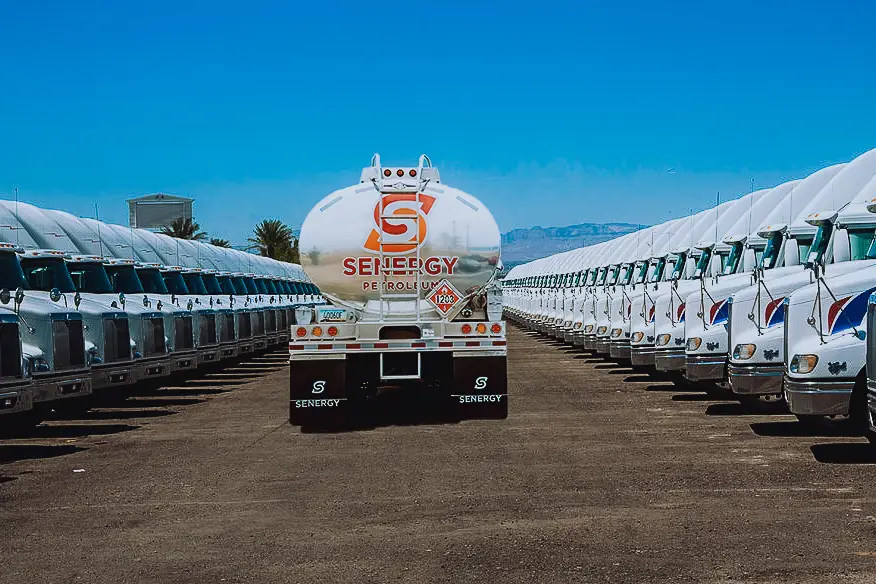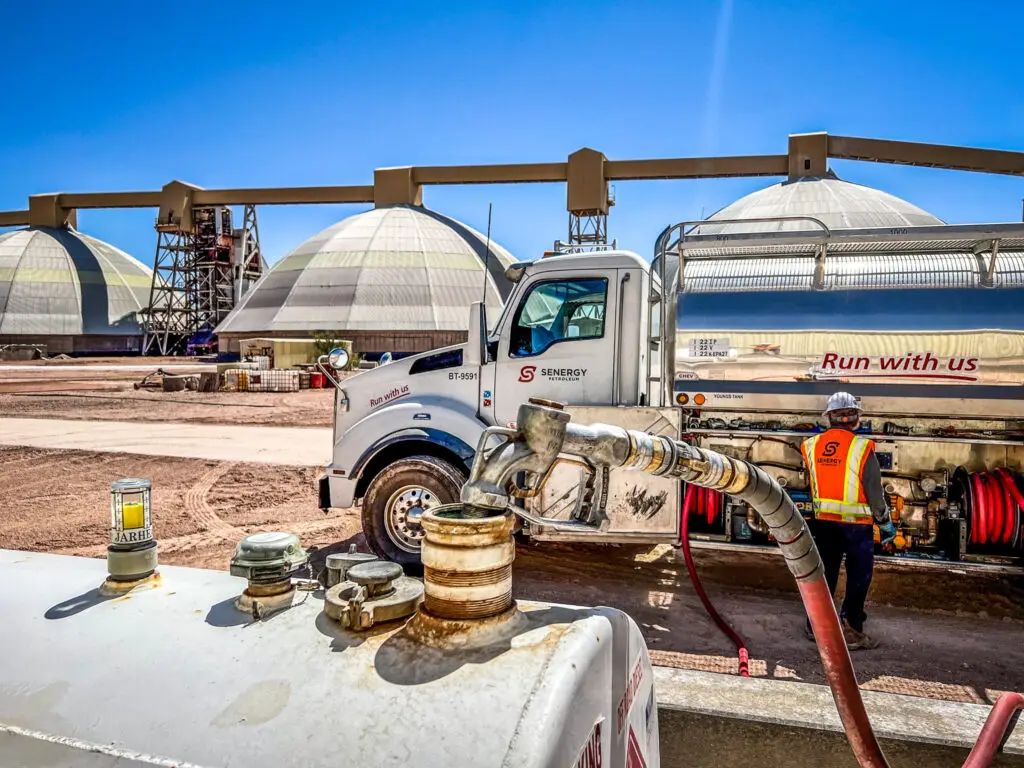The Hidden Costs of Poor Fuel Storage and How to Prevent Them
Fuel is a fundamental commodity that powers industries, transportation, and homes. Whether it is gasoline for cars, diesel for trucks, or another type of fuel, proper storage is an essential but often overlooked aspect of fuel management. Many companies, farms, and industrial operations rely on bulk fuel tanks to store large quantities of fuel. However, faulty storage practices can lead to significant hidden costs, including decreased productivity and compliance issues. This article will explore the costs associated with improper fuel storage and how they can be mitigated through improved storage methods.
Risks Associated with Fuel Storage
Proper fuel storage goes beyond simply pumping fuel into a tank. It requires strict protocols and accuracy to ensure the fuel remains economical, safe, and usable. Fuel is a combustible chemical that deteriorates over time if not stored correctly. Exposure to water, heat, and oxygen accelerates fuel degradation, increasing storage risks.
One major hazard of improper fuel storage is contamination. As fuel is stored in tanks, it can come into contact with water, sediment, and microbes, such as bacteria, that feed on the fuel. For instance, water can seep into tanks, creating an environment conducive to microbial growth. These microbes can clog fuel filters, damage engines, and reduce overall equipment performance, leading to inefficiencies and increased operating costs.
Fuel loss is another significant risk of poor storage practices. Leaks often occur due to cracking or corrosion of the tank material, resulting in valuable fuel being wasted. Addressing these issues requires proper storage protocols to prevent losses and maintain operational efficiency.
The Cost of Poor Fuel Storage
The indirect damage caused by improper fuel storage can be equally devastating. On a direct cost basis, fuel contamination and degradation are extremely expensive to address. Contaminated fuel can destroy engines, clog fuel filters, and lead to costly repairs, as well as downtime that disrupts business operations and impacts productivity.
Another direct cost is the loss of fuel through evaporation or leakage. Depending on the size of the storage tank and the duration of storage, these losses can quickly add up. For consumers utilizing fuel in bulk, such losses are often realized early, leading to lower profitability. For businesses that rely on fuel for daily operations, these losses can be prohibitively expensive and directly impact operational budgets.
Indirect costs, though harder to quantify, are just as significant. Poor fuel storage practices can lead to inefficiencies, disruptions in supply, and reputational damage within the industry. Ensuring proper fuel storage is essential for maintaining smooth operations and maximizing profitability.
The Significance of Bulk Fuel Tank Maintenance
It is also important to ensure that large bulk fuel tanks remain in good working condition to ensure the running of large fuel storage companies. Maintenance of large bulk fuel tanks needs to be appropriate and carried out regularly to prevent them from rusting, leaking, and contamination, hence precluding the possibility of fuel waste and environmental degradation.
There is regular washing, inspection, and analysis of the tanks for rust or corrosion as part of proper bulk fuel tank maintenance.
The tank wall will corrode or rust with time due to water or moisture that fills the tanks. This could lead to contamination or sludge that contaminates the fuel. Having the tank free from such contaminants by maintaining it clean ensures the fuel kept in the tank is safe for consumption. Apart from sanitizing, the companies also have a role to play when it comes to ensuring the rotation of the fuel in the correct direction. It can be avoided by utilizing the old fuel and then the new fuel in such a manner that the fuel is not kept for a longer period, deteriorating. Leak-testing and maintenance could lead to fuel loss prevention in addition to making the tank perform optimally.


Preventive Measures to Avoid Hidden Costs
The good news is that businesses can proactively avoid the hidden costs associated with poor-quality fuel storage. By adopting best practices for fuel storage, businesses can reduce risks, optimize fuel use, and improve profitability.
Regular inspections play a key role in detecting signs of wear and tear. This includes identifying leaks, corrosion, and contamination early. Keeping tanks in good condition through routine inspections can help address common issues before they lead to costly repairs or operational disruptions.
Fuel filtration systems are an effective solution to prevent contaminants from entering engines and equipment. These systems filter out dirt, water, and microorganisms, ensuring that fuel remains clean and ready for use.
Installing monitoring systems to track fuel levels, temperature, and water accumulation allows for early problem detection. These systems can alert operators to potential issues, such as water intrusion or temperature fluctuations, so corrective measures can be taken promptly. Additionally, using properly designed tanks for long-term storage—tanks that minimize leakage risks and resist corrosion—is essential. Tanks should also include appropriate vents and seals to maintain fuel quality and prevent contamination.
Training fuel storage and service staff is one of the most effective ways to mitigate hidden costs. Well-trained personnel can identify potential problems early and respond according to established procedures, significantly reducing risks associated with fuel storage.
Optimizing Storage for Maximum Impact
Inadequate fuel storage can lead to hidden costs that entrepreneurs may not even realize. Hazards such as contamination, leakage, and degradation can result in costly repairs, business downtime, and reduced efficiency. By prioritizing the prevention of fuel loss, proper diesel storage, and effective bulk fuel tank management, businesses can mitigate these risks and protect their bottom line. Implementing preventive practices to maintain fuel storage tanks in optimal condition and managing fuel safely will not only be cost-effective but also ensure better and sustained performance over the long term.



